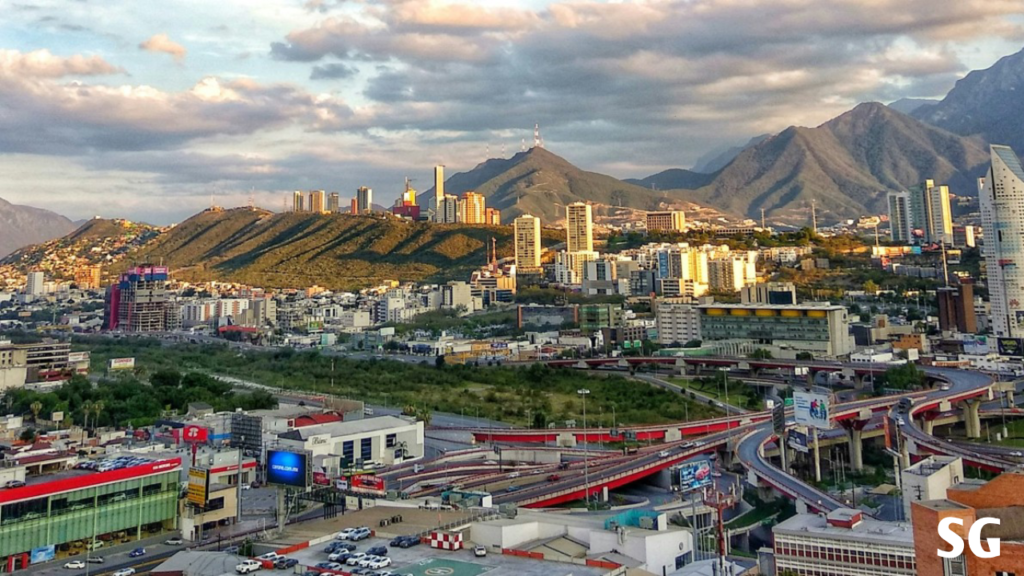Table of Contents

Water Crisis and Economic Struggles in Martinique
Water Quality Issues
Martinique, a French Caribbean territory, is known for its natural beauty, but many residents face serious water quality problems. While tourists enjoy the island’s waterfalls, tap water for many households runs yellow. Many residents refuse to drink it due to concerns over contamination.
Water prices in Martinique are also significantly higher than in mainland France. More than half of households fall under “water poverty” according to U.N. guidelines, spending over 3% of their income on water bills. Water infrastructure is plagued by old pipes, lack of maintenance, and frequent outages, forcing people to rely on expensive bottled water.
Rising Prices and Economic Inequality
The cost of living in Martinique is about 40% higher than in mainland France, fueling widespread protests. The high prices stem from a reliance on imports, monopolies, and inefficiencies in the supply chain.
A movement demanding economic reforms has gained momentum, prompting the French government to introduce legislation aimed at tackling unfair pricing and improving transparency. However, activists remain skeptical about the effectiveness of these measures.
Influence of Beke Families
Economic power in Martinique remains concentrated in the hands of a small group of white Creole families, known as Békés, who are descendants of plantation owners. These families, though making up only 1% of the population, control large portions of the economy, particularly in retail and agriculture.
Many locals argue that the economic dominance of these families is a legacy of slavery, pointing to historical compensations paid to them after abolition. Activists are calling for reparations in the form of student bursaries and job opportunities for the broader population.
Government and Business Response
During a recent visit, Overseas Minister Manuel Valls urged business leaders to improve transparency and reduce monopolistic practices. Some companies, such as Groupe Bernard Hayot (GBH), which dominates the retail sector, have begun publishing financial reports following activist pressure.
The regional government is working on policies to reduce dependence on imports, expand access to farmland for small farmers, and centralize water management to improve affordability and reliability.
Impact of Agriculture and Pesticide Contamination
Agricultural policies in Martinique have historically favored export-oriented crops like bananas and sugarcane, which receive substantial European subsidies. This has left small farmers who produce for the local market at a disadvantage.
Additionally, past use of the pesticide chlordecone has led to widespread contamination of the soil and water, contributing to high rates of prostate cancer on the island. Although some individuals have received state compensation for pesticide-related health issues, activists argue that the amounts are insufficient.
Continuing Social Unrest
Discontent is not limited to Martinique. Other French overseas territories, such as Guadeloupe and New Caledonia, have also experienced protests over political representation, economic struggles, and environmental concerns.
Activists in Martinique continue to push for systemic changes, including tax and property reforms, economic redistribution, and justice for victims of past injustices. Many believe that unless deeper reforms are implemented, social tensions will continue to rise.
“Water Crisis and Economic Struggles in Martinique” “Water Crisis and Economic Struggles in Martinique” “Water Crisis and Economic Struggles in Martinique” “Water Crisis and Economic Struggles in Martinique”